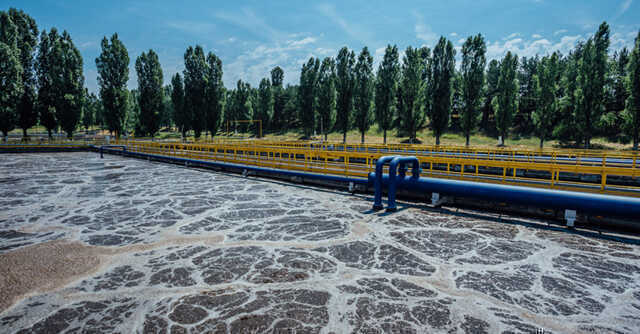
Researchers use AI algorithms to identify sustainable wastewater management systems


A team of researchers at the Indian Institute of Technology (IIT) Mandi has used artificial intelligence (AI)-based multiple criteria decision making (MCDM) algorithms to select sustainable wastewater treatment and management systems from previously existing techniques. The research project showcases the ability of AI to improve operations research (OR) procedures, which in turn can help improve a wide range of research activities.
MCDM algorithms are commonly used in evaluating various areas of consumer market research, such as by automobile companies to determine car-purchasing patterns among consumers. Fuzzy logic is a key part of such algorithms, which determine that a particular question does not necessarily need to have a single ‘true’ or ‘false’ answer — and could offer multiple outcomes based on various parameters.
The IIT Mandi researcher team applied its AI evaluation process atop fuzzy logic MCDM algorithms, to select the correct process from a range of 17 classic wastewater management procedures, such as Activated Sludge Process, Membrane Bioreactor, Moving-bed Biofilm Reactors, Fluidized Aerobic Bed Reactors, Sequential Batch Reactor and Biopipe, among others.

The role of the AI algorithm, in this research project, was to determine the correct means of wastewater management keeping environmental sustainability in mind.
Atul Dhar, associate professor at IIT Mandi’s School of Engineering, said that while the candidate of the research project was environmental sustainability in wastewater management, the project can be used in areas “as minor as deciding on a consumer product to large scale decisions such as investments and socio-cultural policies.”
According to the research team, such AI-based sorting of OR and MCDM algorithms can help determine industrial applications that help implement solutions at scale for various industries.

Satvasheel Powar, assistant professor at School of Engineering, IIT Mandi added that such algorithms can offer solutions based on “the magnitude of the activity, the range of techniques available, the complexity of socio-economic fabric of today’s society, and several conflicting criteria.”
